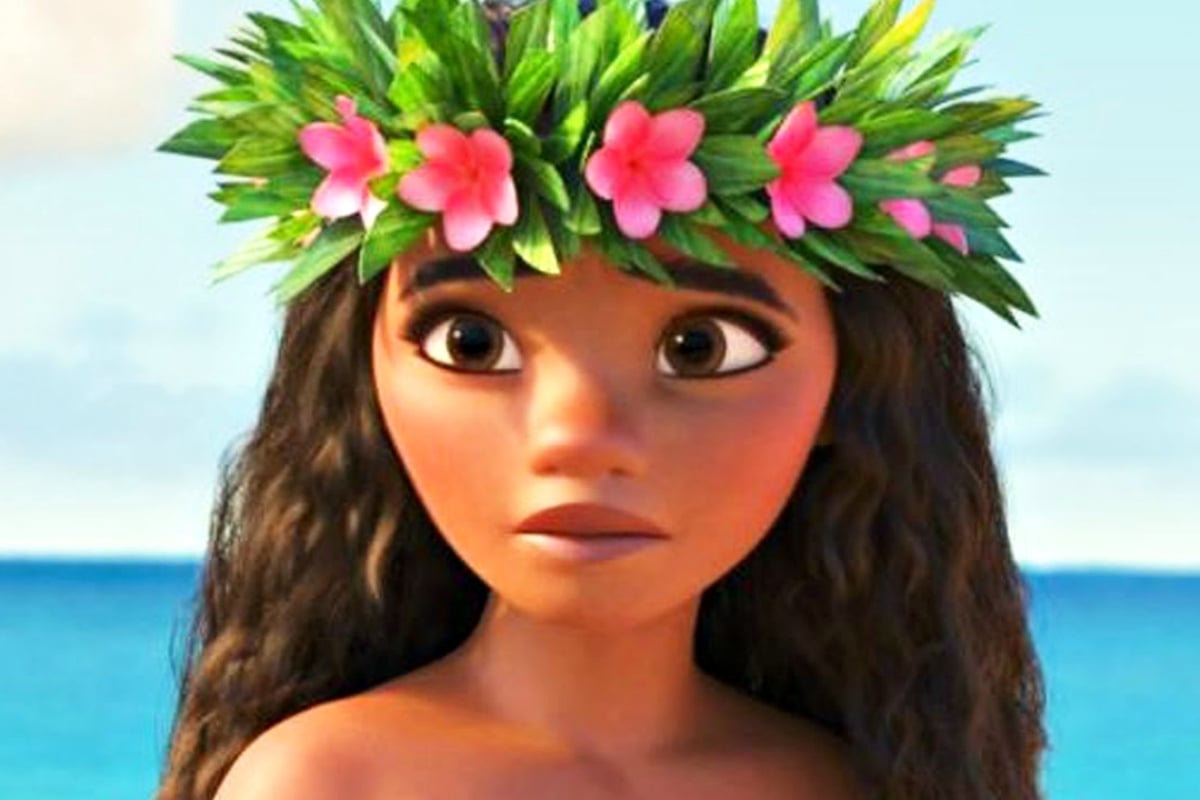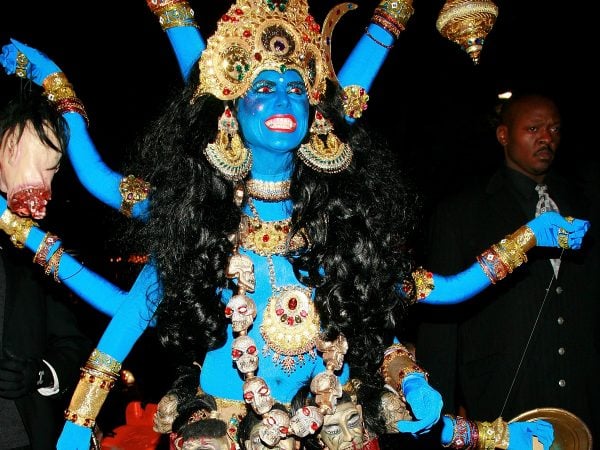
It’s Halloween. A day rooted in ancient Celtic belief that October 31 is when the veil between the living and the dead is at its thinnest.
But along the way, the tradition of dressing in costume to ward off evil spirits has, erm, deviated somewhat. Rather than just being designed to spook and scare, Halloween outfits have become an expression of culture; from dressing up as Kim K, to making sure our pets aren’t left out of the festivities.
But occasionally, expressing our culture can expose the more murky aspects of it. Racism. Privilege. Insensitivity. Take any costume involving blackface, for example.
Speaking to Mamamia‘s daily news podcast, The Quicky, Dr Mia Moody Ramirez, author of the book From Blackface to Black Twitter: Reflections on Black Humour, Race, Politics and Gender, delved into cultural appropriation; what it means, where it comes from, and why it ought to be avoided if you want to have Halloween fun that’s truly harmless.
DON’T: use blackface. Ever. Not even for ‘joke’.
It wasn’t that long ago that blackface seemed acceptable in Australian culture. It was a staple at costume parties, school plays, even on telly (sketches on The Footy Show and variety show Hey Hey It’s Saturday are among the most infamous).
But dressing up as a person of another ethnicity, particularly if that involves painting your skin or changing the texture of your hair, should never have been OK. It’s rooted in a deeply racist, oppressive tradition of 19th Century minstrel shows, in which white Americans would dress up and perform skits and songs mocking black people for ‘entertainment’.
“Many times, African-Americans were depicted in a less-than-favorable light,” Dr Moody Ramirez said. “They were usually stereotyped as being less-intelligent, lazy, animalistic. So that was why blackface received a negative connotation.”





























































































